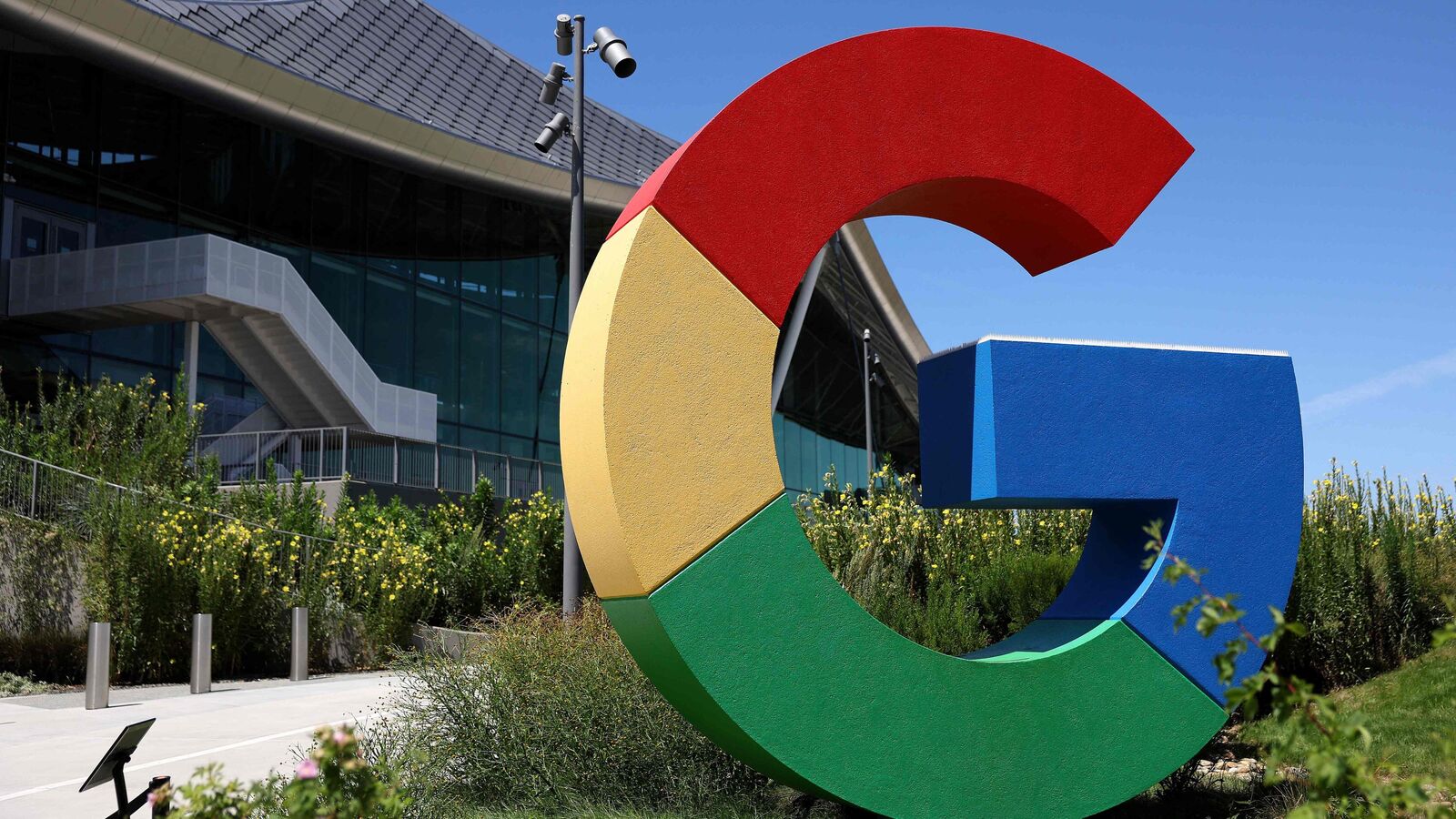Google’s battle against anti-trust suits: In 2008, Google faced increasing antitrust scrutiny over an advertising deal with its rival Yahoo, alongside lawsuits involving patent, trademark, and copyright issues.
In response, tech giant Google issued a confidential memo to its employees, setting the tone for a long-term shift in its internal communication strategy. The memo’s advice was clear: “Think twice before writing about hot topics”, reports New York Times.
Google’s Move to Minimise Incriminating Comments from Employees
The confidential memo sent out by Google executives revealed the company’s concerns about potential legal challenges. Google’s memo stressed that while “information is good,” words exchanged between employees could become ammunition for government regulators or competitors in lawsuits.
Google employees were instructed to avoid speculation and sarcasm and to ensure they had all the facts before commenting on sensitive issues. “Don’t comment before you have all the facts,” employees were instructed.
To reinforce this message, Google’s internal instant messaging tool was tweaked to “off the record,” ensuring that any thoughtless or damaging comments would be automatically erased after a day.
Further, Google encouraged employees to put ‘attorney-client privileged’ on documents and to always add a Google lawyer to the list of recipients, even if no legal questions were involved and the lawyer never responded
This adjustment marked the beginning of a 15-year initiative by Google to make message deletion the default practice in its internal communications. “How Google developed this distrustful culture was pieced together from hundreds of documents and exhibits, as well as witness testimony, in three antitrust trials against the Silicon Valley company over the last year,” the NYT report noted.
Google’s 15-Year Culture of Deletion of Internal Communication
Google’s 2008 memo laid the groundwork for a broader strategy to limit internal documentation that could later be used in legal disputes. Despite Google’s mission to store the world’s information, it created an office culture that worked to minimise its own informational footprint.
Over the years, Google developed a reputation for using legal privilege as a catch-all shield and imposed restraints on its own technology to prevent incriminating communications.
This culture of deletion became a key aspect of Google’s legal strategy, particularly in the face of antitrust lawsuits.
In 2023 alone, Alphabet’s Google has faced three high-profile antitrust trials, with Epic Games and the US Department of Justice attempting to prove that Google’s practices amounted to monopolistic behaviour.
The evidence used against Google in these trials included emails, memos, and internal messages from Google engineers and executives—materials that the company had long worked to limit.
Google Faces Renewed Calls for Antitrust Investigations
While the 2008 conmfidential memo marked a pivotal point in Google’s efforts to safeguard itself against legal challenges, the company continues to face scrutiny. On November 20, Google found itself at the centre of renewed calls for further investigations into its business practices under the European Union’s Digital Markets Act (DMA).
Think twice before writing about hot topics.
Don’t comment before you have all the facts.
The privacy-focused search engine DuckDuckGo, with a modest 0.54 per cent global market share as of January 2024, has pushed the European Commission to launch three new investigations into Google’s compliance with the DMA.
This legislation, adopted in 2022, seeks to curb the power of Big Tech companies by requiring them to make it easier for users to switch to rival services and banning the practice of favouring their own products on their platforms.
Catch all the Business News , Corporate news , Breaking News Events and Latest News Updates on Live Mint. Download The Mint News App to get Daily Market Updates.
MoreLess




Leave a Reply